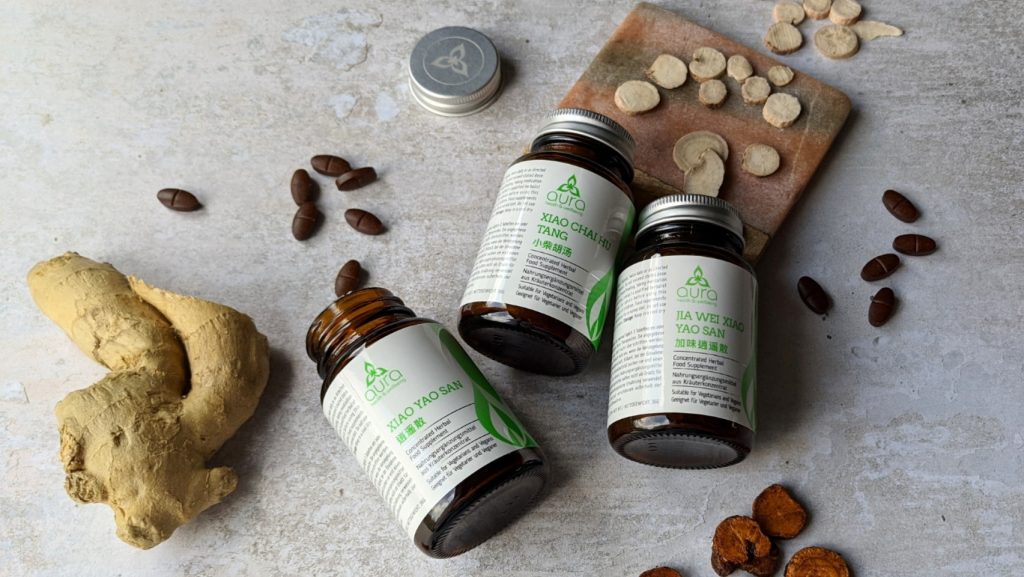Branched-chain amino acids (BCAAs) have become increasingly popular in the fitness and health industry in recent years. These essential amino acids, which include leucine, isoleucine, and valine, are believed to play a significant role in muscle growth, repair, and overall athletic performance. But are they really worth the hype? In this article, we will dive deep into the truth about BCAAs and whether or not they are worth incorporating into your daily routine.
What Are BCAAs?
Before we delve into the effectiveness of BCAAs, let’s first understand what they are and why they are important for our bodies. BCAAs are essential amino acids that our bodies cannot produce on their own, meaning we must obtain them through our diet or supplementation. These amino acids play a crucial role in building and repairing muscle tissues, as well as aiding in energy production during exercise.
Leucine, the most prominent of the three BCAAs, is often touted as the key player in muscle protein synthesis. It is believed that leucine can activate a pathway in the body that signals for muscle growth and repair. Isoleucine and valine, while not as potent as leucine, also contribute to muscle recovery and overall performance.
The Benefits of BCAAs
There is no denying that BCAAs offer several potential benefits for athletes and fitness enthusiasts. Some of the most commonly cited benefits of BCAAs include:
1. Muscle Growth: BCAAs are believed to stimulate muscle protein synthesis, leading to increased muscle growth and repair. This is particularly beneficial for individuals looking to build lean muscle mass and improve their overall strength.
2. Reduced Muscle Soreness: BCAAs have been shown to reduce muscle soreness and fatigue, allowing for faster recovery after intense workouts. This can help athletes train more frequently and at a higher intensity without the risk of overtraining.
3. Improved Endurance: BCAAs can be used as a source of energy during exercise, which can help delay fatigue and improve overall performance. This is especially beneficial for endurance athletes who engage in prolonged physical activity.
4. Fat Loss: Some studies suggest that BCAAs may help to promote fat loss by increasing metabolism and reducing appetite. While more research is needed to confirm these findings, BCAAs are often included in weight loss supplements for their potential benefits.
Are BCAAs Worth It?
While the potential benefits of BCAAs are certainly appealing, the question remains: are they worth the investment? The truth is, the effectiveness of BCAAs largely depends on individual goals, diet, and training regimen. For some individuals, BCAAs may provide a noticeable difference in muscle growth, recovery, and performance. For others, the impact may be minimal.
One of the key factors to consider when deciding whether or not BCAAs are worth it is your dietary intake of protein. If you are consuming an adequate amount of protein from whole foods such as meat, fish, dairy, and plant-based sources, you may already be getting enough BCAAs through your diet. In this case, additional supplementation may not be necessary.
On the other hand, if you are following a restrictive diet, such as a vegan or vegetarian diet, or have increased protein requirements due to intense training, supplementing with BCAAs may be beneficial. In these cases, BCAAs can help ensure that you are meeting your body’s needs for essential amino acids, which are crucial for muscle growth and recovery.
It is also important to consider the timing and dosage of BCAA supplementation. While some studies suggest that consuming BCAAs before and after exercise can enhance muscle protein synthesis and reduce muscle soreness, the optimal dosage varies based on individual needs and goals. Consulting with a healthcare provider or registered dietitian can help determine the best approach for incorporating BCAAs into your daily routine.
In conclusion, the truth about BCAAs is that they can be a valuable supplement for some individuals, particularly those with increased protein requirements or specific fitness goals. However, it is essential to consider factors such as diet, training regimen, and individual needs before deciding whether or not BCAAs are worth it. Ultimately, the best way to reap the benefits of BCAAs is to prioritize a balanced diet rich in whole foods and to tailor supplementation to support your unique goals and needs.

